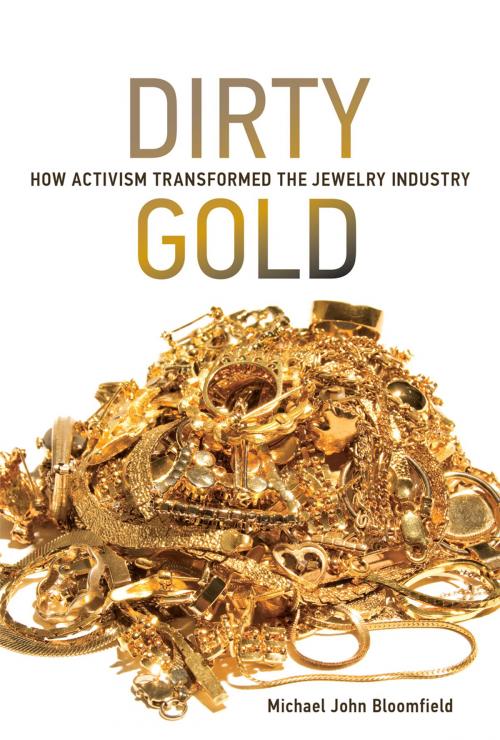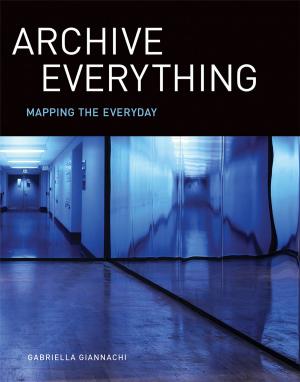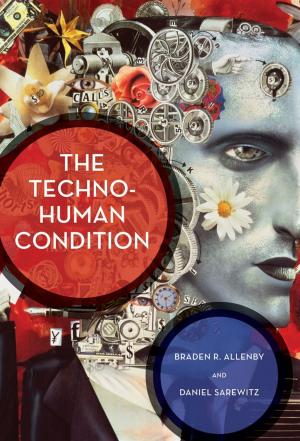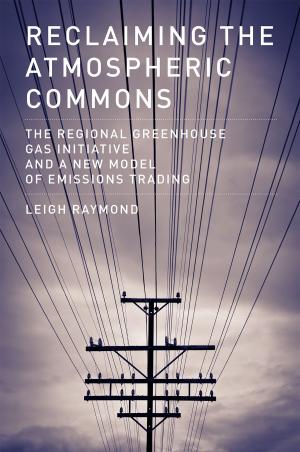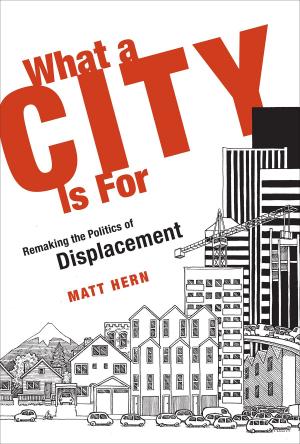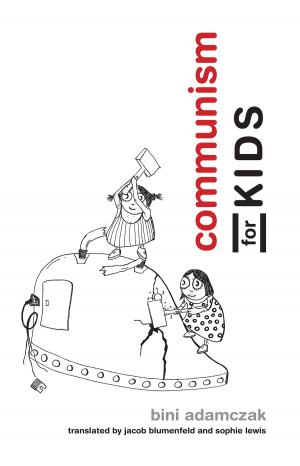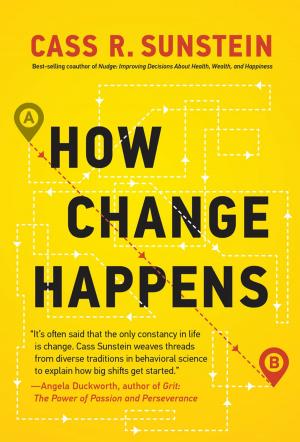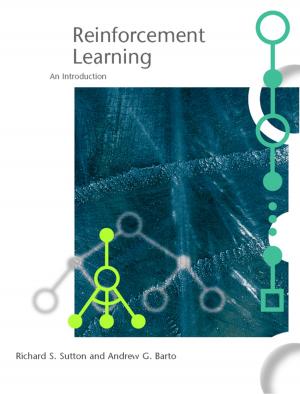Dirty Gold
How Activism Transformed the Jewelry Industry
Business & Finance, Business Reference, Government & Business, Nonfiction, Social & Cultural Studies, Political Science, Government, Public Policy| Author: | Michael John Bloomfield | ISBN: | 9780262337977 |
| Publisher: | The MIT Press | Publication: | February 10, 2017 |
| Imprint: | The MIT Press | Language: | English |
| Author: | Michael John Bloomfield |
| ISBN: | 9780262337977 |
| Publisher: | The MIT Press |
| Publication: | February 10, 2017 |
| Imprint: | The MIT Press |
| Language: | English |
The response from the jewelry industry to a campaign for ethically sourced gold as a case study in the power of business in global environmental politics.
Gold mining can be a dirty business. It creates immense amounts of toxic materials that are difficult to dispose of. Mines are often developed without community consent, and working conditions for miners can be poor. Income from gold has funded wars. And consumers buy wedding rings and gold chains not knowing about any of this. In Dirty Gold, Michael Bloomfield shows what happened when Earthworks, a small Washington-based NGO, launched a campaign for ethically sourced gold in the consumer jewelry market, targeting Tiffany and other major firms. The unfolding of the campaign and its effect on the jewelry industry offer a lesson in the growing influence of business in global environmental politics.
Earthworks planned a “shame” campaign, aimed at the companies' brands and reputations, betting that firms like Tiffany would not want to be associated with pollution, violence, and exploitation. As it happened, Tiffany contacted Earthworks before they could launch the campaign; the company was already looking for partners in finding ethically sourced gold.
Bloomfield examines the responses of three companies to “No Dirty Gold” activism: Tiffany, Wal-Mart, and Brilliant Earth, a small company selling ethical jewelry. He finds they offer a case study in how firms respond to activist pressure and what happens when businesses participate in such private governance schemes as the “Golden Rules” and the “Conflict-Free Gold Standard.” Taking a firm-level view, Bloomfield examines the different opportunities for and constraints on corporate political mobilization within the industry.
The response from the jewelry industry to a campaign for ethically sourced gold as a case study in the power of business in global environmental politics.
Gold mining can be a dirty business. It creates immense amounts of toxic materials that are difficult to dispose of. Mines are often developed without community consent, and working conditions for miners can be poor. Income from gold has funded wars. And consumers buy wedding rings and gold chains not knowing about any of this. In Dirty Gold, Michael Bloomfield shows what happened when Earthworks, a small Washington-based NGO, launched a campaign for ethically sourced gold in the consumer jewelry market, targeting Tiffany and other major firms. The unfolding of the campaign and its effect on the jewelry industry offer a lesson in the growing influence of business in global environmental politics.
Earthworks planned a “shame” campaign, aimed at the companies' brands and reputations, betting that firms like Tiffany would not want to be associated with pollution, violence, and exploitation. As it happened, Tiffany contacted Earthworks before they could launch the campaign; the company was already looking for partners in finding ethically sourced gold.
Bloomfield examines the responses of three companies to “No Dirty Gold” activism: Tiffany, Wal-Mart, and Brilliant Earth, a small company selling ethical jewelry. He finds they offer a case study in how firms respond to activist pressure and what happens when businesses participate in such private governance schemes as the “Golden Rules” and the “Conflict-Free Gold Standard.” Taking a firm-level view, Bloomfield examines the different opportunities for and constraints on corporate political mobilization within the industry.
